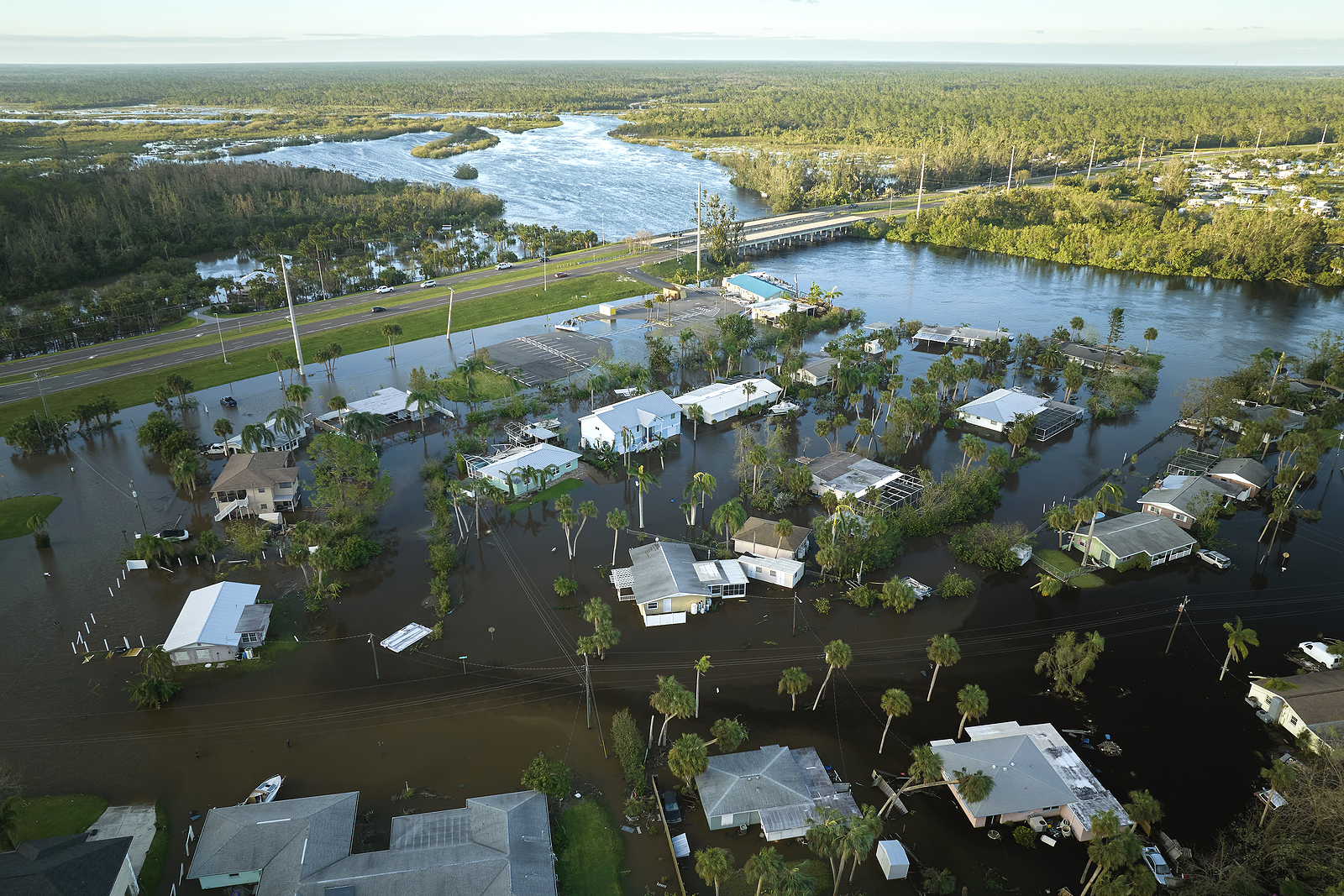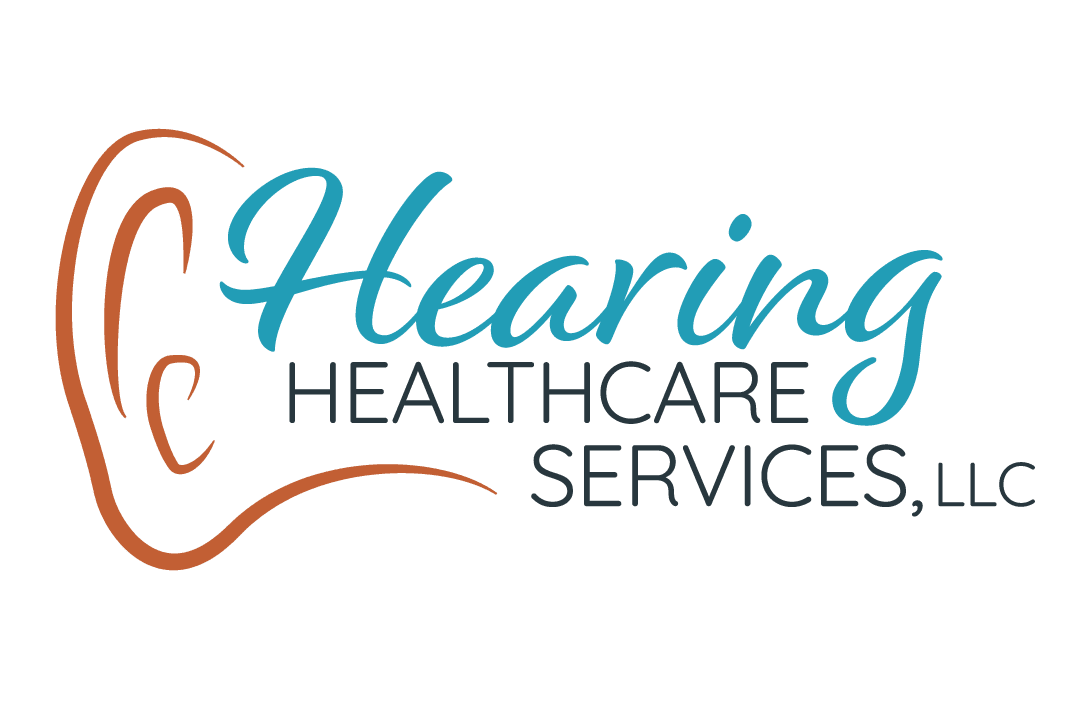
Natural disasters can be devastating in many ways, affecting not only physical infrastructure but also the health and well-being of individuals. One aspect often overlooked is the impact of any disaster on those with hearing loss.
Communication Challenges
Effective communication is crucial during emergencies, but it can be particularly difficult for individuals with hearing loss. Emergency alerts, evacuation notices, and important information may be missed due to hearing difficulties. Additionally, the chaotic environment of a disaster makes it challenging to understand conversations and follow instructions.
Psychological Impact
Natural disasters can have a profound psychological impact, and individuals with hearing loss may experience heightened stress, anxiety, and isolation. The fear of the unknown, coupled with the challenges of communication and safety, can contribute to emotional distress.
Strategies for Preparedness for Those with Hearing Loss
- Emergency Preparedness Plan: Develop a personalized emergency preparedness plan that includes accommodations for individuals with hearing loss. This plan should outline evacuation routes, communication strategies, and essential supplies.
- Communication Devices: If you have hearing loss and do not wear hearing aids now would be the time to consider finding a solution to your hearing problem. Experiencing a natural disaster firsthand is a traumatic experience for anyone let alone someone experiencing communication difficulties because of hearing loss.
- Emergency Contacts: Maintain a list of emergency contacts, including family, friends, and healthcare providers, who can provide support during a crisis.
- Emergency Supplies: Assemble an emergency kit that includes essential items such as batteries, hearing aid cleaning supplies, and a flashlight.
Strategies for Preparedness If You Wear Hearing Aids
Understanding the Risks
- Physical Damage: Strong winds, heavy rains, and debris can cause direct damage to hearing aids, rendering them inoperable.
- Power Outages: Many hearing aids rely on batteries or rechargeable power sources. Power outages can leave users without amplification.
- Water Damage: Flooding and water exposure can short-circuit or corrode hearing aids.
Preparing Your Hearing Aids
- Backup Batteries: Always have a supply of fresh batteries on hand, especially during emergency situations.
- Protective Cases: Store hearing aids in a waterproof and shock-resistant case when not in use.
- Insurance Coverage: Check your insurance policy to see if it covers hearing aids in case of damage or loss due to natural disasters.
- Emergency Kit: Assemble an emergency kit that includes essential items such as batteries, hearing aid domes, hearing aid cleaning supplies, and a flashlight.
Safety Tips During Disasters
- Evacuation: If you’re ordered to evacuate, take your hearing aids with you. If possible, keep them in a waterproof container.
- Shelter: In a shelter, communicate with others about your hearing loss and request accommodations including written information.
Post-Disaster Care
- Check for Damage: After a disaster, inspect your hearing aids for any signs of damage.
- Seek Professional Help: If your hearing aids are damaged, consult a hearing healthcare professional for repairs or replacements.
Community Support
Communities can play a vital role in supporting individuals with hearing loss during emergencies. By raising awareness about the unique needs of this population, providing accessible information, and offering assistance, communities can help ensure the safety and well-being of individuals with hearing loss.
If you have a hearing loss and do not yet wear hearing aids, please take the time to contact us for an appointment before disaster strikes. Don’t let your hearing loss create additional stress during what is bound to be an extremely chaotic situation. If you wear hearing aids already, take the time to understand the risks posed by natural disasters to your hearing aids. By taking proactive steps to protect your hearing aids, you can minimize the impact on your hearing health allowing you to navigating this period of time without the added burden of a reduced capability to communicate.


Recent Comments